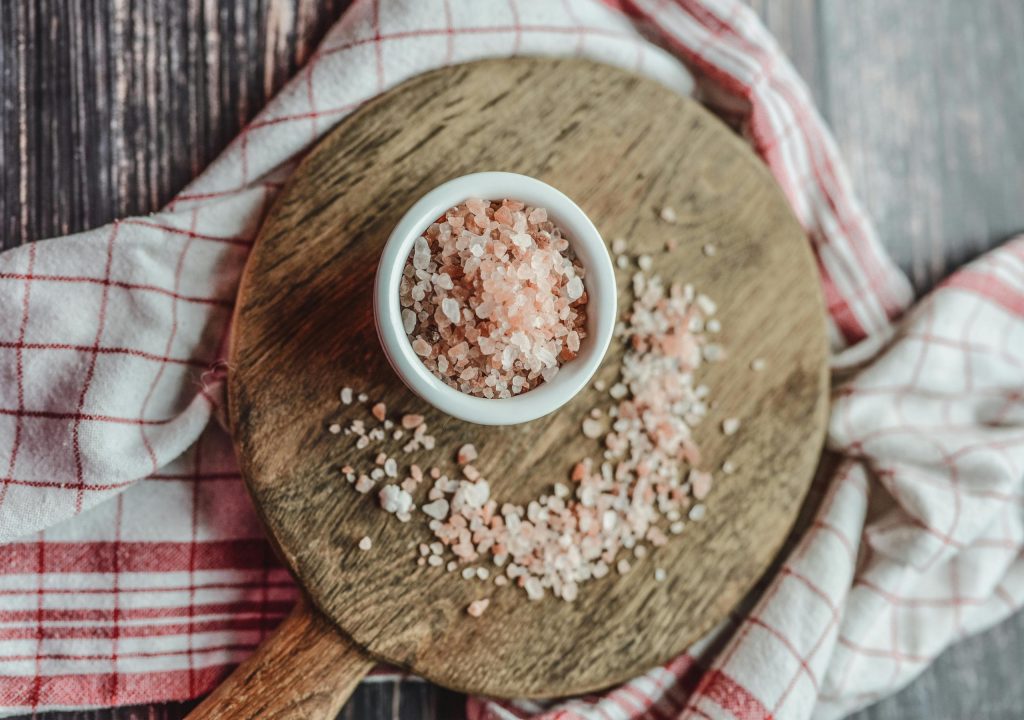Salt is a pantry staple, but if you consume too much of it, it can contribute to health problems. Reducing your salt intake is an important step to take when working towards better health, but nobody wants to eat bland food. Small changes and finding salt substitutes can help you achieve a balanced lifestyle!
Risks of excessive salt consumption
Hypertension (High blood pressure): High levels of sodium can lead to an increase in blood pressure, putting strain on the heart and increasing the risk of heart disease and stroke.
Cardiovascular diseases: Beyond hypertension, consuming too much salt can contribute to various cardiovascular issues, including coronary heart disease, heart failure and other vascular-related problems.
Kidney damage: The kidneys play a vital role in regulating salt balance in the body. Excessive salt can impair kidney function, leading to kidney damage or dysfunction over time. Individuals with pre-existing kidney conditions need to be particularly cautious about their salt intake.
Fluid retention: High salt levels can lead to fluid retention, causing bloating and swelling. This can be uncomfortable and contribute to weight gain, especially when combined with a diet high in calories and low in nutrients.
Osteoporosis: Research suggests a link between high salt intake and decreased bone density, potentially increasing the risk of osteoporosis. Excessive salt can interfere with calcium absorption, a crucial mineral for maintaining strong and healthy bones.

Here are some salty substitutes to try:
Herbs and spices
Spice up your meals with herbs and spices such as basil, thyme, rosemary, and garlic. These alternatives not only add taste but also bring a plethora of health benefits, including anti-inflammatory and antioxidant properties.
Lemon and vinegar
Squeeze fresh lemon or use vinegar to add acidity and brightness to your dishes. These natural alternatives can enhance flavour without the need for excess salt. Additionally, they offer potential health benefits, such as improved digestion.
Salt-free seasonings
Explore salt-free seasonings available in the market. These blends often contain a mix of herbs, spices, and other flavour enhancers that can be a tasty substitute for traditional salt. You can also try nutritional yeast flakes as an alternative to sodium.
Seeds and nuts
Incorporate seeds and nuts into your meals for a crunchy texture and added flavour. They not only provide a satisfying alternative to salt but also offer essential nutrients such as omega-3 fatty acids and magnesium.
Vegetables and fruits
Load up on fresh vegetables and fruits to naturally enhance the taste of your meals. The natural sweetness and umami flavours of these foods can reduce the need for excessive salt while providing essential vitamins and minerals.
ALSO SEE: Alternatives for cream on pasta night
The article was originally written and published by Amy Steenkamp for Woman&Home.
Feature image: Pexels

